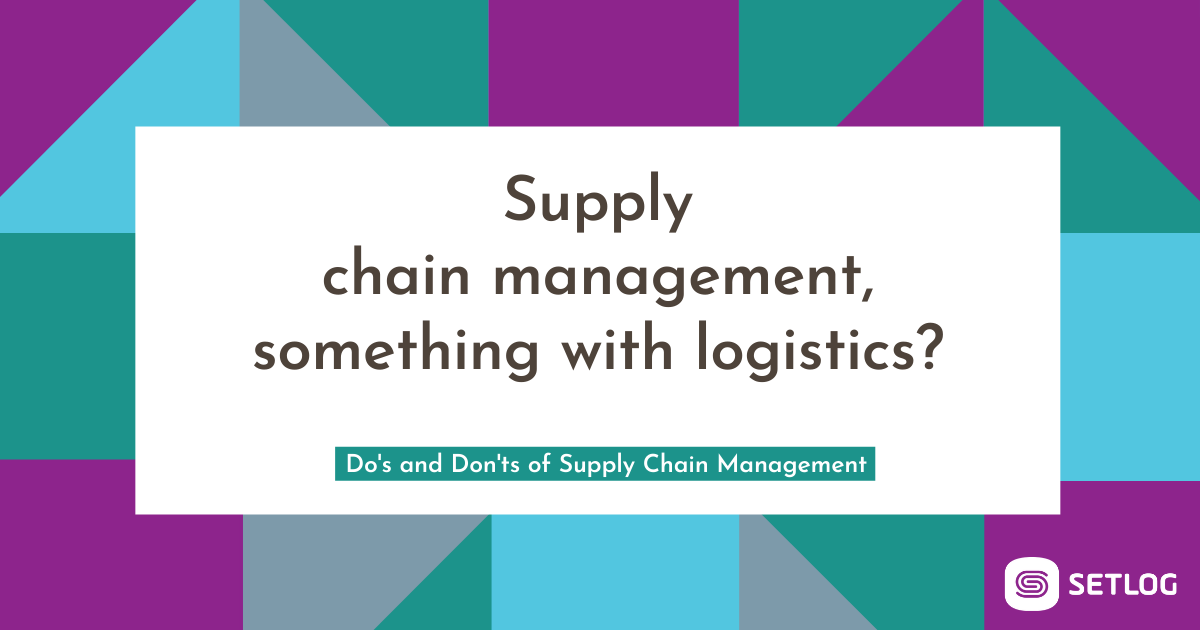The terms supply chain management, logistics or transportation are often lumped together. Hardly any other term is used correctly or incorrectly more often when explaining handling, transport, logistics activities and both internal and cross-company processes. But where is the difference?
- Logistics is the holistic regimentation, provision, control and optimization of flows of goods, information, energy, money and people. It is divided into procurement logistics, production logistics, distribution logistics and waste disposal logistics. In addition, transport logistics, warehouse logistics, spare parts logistics, packaging logistics, information logistics and personnel logistics are also all sub-systems of logistics.
- The supply chain with various partners involved in the process is integrated and viewed from an efficiency perspective across networks. It is precisely this efficiency, i.e. the cross-network optimization of the cost-benefit ratio, which is the focus of the use of SCM systems. In an optimal supply chain, all partners – buyers, manufacturers and external service providers – are networked and coordinate their processes in real time.
- Supply Chain Management – in contrast to pure logistics functionality – explicitly includes the structuring and coordination of autonomously acting entrepreneurial units in a value-added system and a holistic value-added process in the analysis and controls both logistics and supply chain processes.
